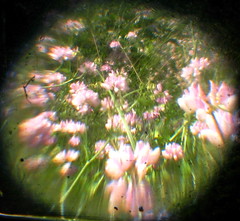Unit 1 APSYCH Flashcards
0.0(0)
Card Sorting
1/52
Earn XP
Description and Tags
Last updated 9:41 PM on 9/7/22
Name | Mastery | Learn | Test | Matching | Spaced | Call with Kai |
|---|
No analytics yet
Send a link to your students to track their progress
53 Terms
1
New cards
empiricism
the view that knowledge originates in experience and that science should, therefore, rely on observation and experimentation
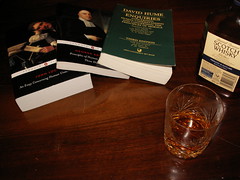
2
New cards
structuralism
an early school of psychology that used introspection to explore the structural elements of the human mind
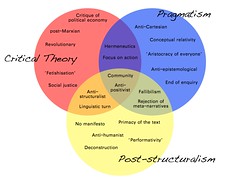
3
New cards
functionalism
a school of psychology that focused on how our mental and behavioral processes function-how they enable us to adapt, survive and flourish

4
New cards
experimental psychology
the study of behavior and thinking using the experimental method
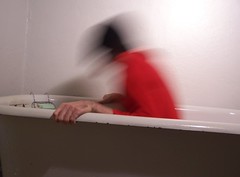
5
New cards
behaviorism
the view that psychology (1) should be an objective science that (2) studies behavior without reference to mental processes. Most research psychologists today agree with (1) but not with (2)

6
New cards
humanistic psychology
historically significant perspective that emphasized the growth potential of healthy people and the individual's potential for personal growth
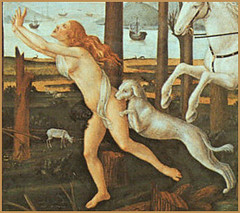
7
New cards
psychology
the science of behavior and mental processes
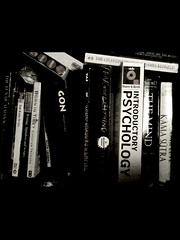
8
New cards
nature-nurture issue
the longstanding controversy over the relative contributions that genes and experience make to the development of psychological traits and behaviors. Today's science sees traits and behaviors arising from the interaction of nature and nurture

9
New cards
natural selection
the principle that, among the range of inherited trait variations, those contributing to reproduction and survival with most likely be passed on to succeeding generations

10
New cards
level of analysis
the differing complementary views, from biological to psychological to social-cultural, for analyzing any given phenomenon
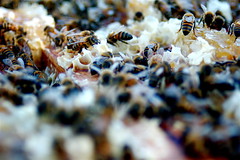
11
New cards
biopsychosocial approach
an integrated approach that incorporates biological, psychological, and social-cultural levels of analysis
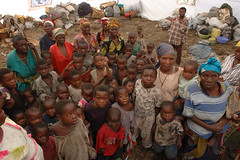
12
New cards
biological psychology
a branch of psychology that studies the links between biological (including neuroscience and behavior genetics) and psychological processes
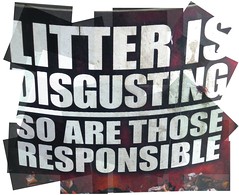
13
New cards
evolutionary psychology
the study of the roots of behavior and mental processes using the principles of natural selection

14
New cards
psychodynamic psychology
a branch of psychology that studies how unconscious drives and conflicts influence behavior, and uses that information to treat people with psychological disorders

15
New cards
behavioral psychology
the scientific study of observable behavior, and its explanation by principles of learning
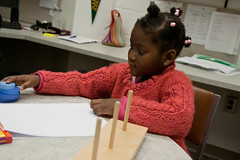
16
New cards
cognitive psychology
the scientific study of all the mental activities associated with thinking, knowing, remembering, and communicatin
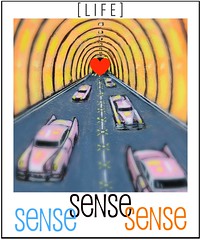
17
New cards
social-cultural psychology
the study of how situations and cultures affect our behavior and thinking
18
New cards
psychometrics
the scientific study of the measurement of human abilities, attitudes, and traits
19
New cards
basic research
pure science that aims to increase the scientific knowledge base
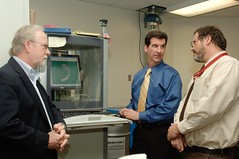
20
New cards
developmental psychology
the scientific study of physical, cognitive, and social change throughout the life span
21
New cards
educational psychology
the study of how psychological processes affect and can enhance teaching and learning

22
New cards
personality psychology
the study of an individual's characteristic pattern of thinking, feeling and acting
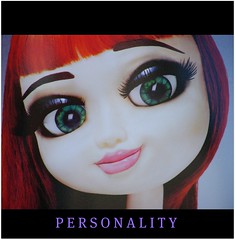
23
New cards
social psychology
the scientific study of how we think about, influence, and relate to one another
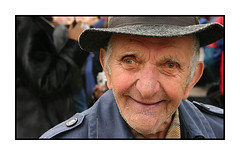
24
New cards
applied research
scientific study that aims to solve practical problems

25
New cards
industrial-organizational (I/O) psychology
the application of psychological concepts and methods to optimizing human behavior in workplaces
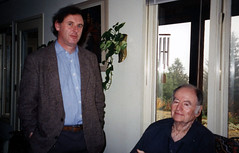
26
New cards
human factors psychology
the study of how people and machines interact and the design of safe and easily used machines and environments

27
New cards
counseling psychology
a branch of psychology that assists people with problems in living (often related to school, work, or marriage) and in achieving greater well-being
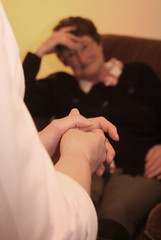
28
New cards
clinical psychology
a branch of psychology that studies, assesses, and treats people with psychological disorders

29
New cards
psychiatry
a branch of medicine dealing with psychological disorders; practiced by physicians who often provide medical treatments as well as psychological therapy

30
New cards
Aristotle
Greek philosopher. A pupil of Plato, the tutor of Alexander the Great, and the author of works on logic, metaphysics, ethics, natural sciences, politics, and poetics, he profoundly influenced Western thought. In his philosophical system, which led him to criticize what he saw as Plato's metaphysical excesses, theory follows empirical observation and logic, based on the syllogism, is the essential method of rational inquiry.
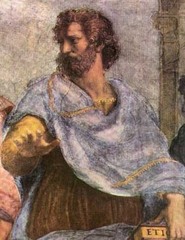
31
New cards
Francis Bacon
English politician and writer, advocated that new knowledge was acquired through an inductive reasoning process (using specific examples to prove or draw conclusion from a general point) called empiricism; rejected Medieval view of knowledge based on tradition, believed it's necessary to collect data, observe, and draw conclusions. This was the foundation of the scientific method

32
New cards
Mary Whiton Calkins
American psychologist who conducted research on memory, personality, and dreams; first woman president of the American Psychological Association
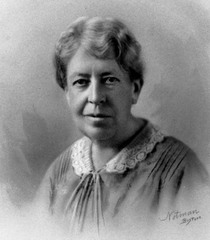
33
New cards
Charles Darwin
English natural scientist who formulated a theory of evolution by natural selection (1809-1882)
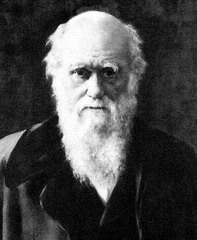
34
New cards
Rene Descartes
French nativist philosopher; proponent of dualism; argued that "threads" within the body control movement, and that some behaviors occur without thought
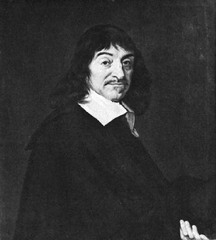
35
New cards
Dorothea Dix
A reformer and pioneer in the movement to treat the insane as mentally ill, beginning in the 1820's, she was responsible for improving conditions in jails, poorhouses and insane asylums throughout the U.S. and Canada. She succeeded in persuading many states to assume responsibility for the care of the mentally ill. She served as the Superintendant of Nurses for the Union Army during the Civil War.
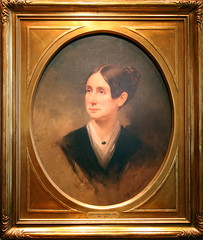
36
New cards
Sigmund Freud
Austrian neurologist who originated psychoanalysis (1856-1939); Said that human behavior is irrational; behavior is the outcome of conflict between the id (irrational unconscious driven by sexual, aggressive, and pleasure-seeking desires) and ego (rationalizing conscious, what one can do) and superego (ingrained moral values, what one should do).
37
New cards
G. Stanley Hall
american psychologist who established the first psychology research laboratory in the United States and founded the American Psychological Association
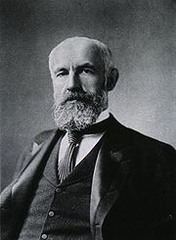
38
New cards
William James
founder of functionalism; studied how humans use perception to function in our environment
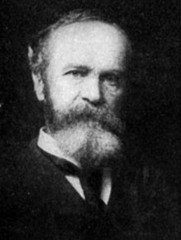
39
New cards
John Locke
English philosopher who advocated the idea of a "social contract" in which government powers are derived from the consent of the governed and in which the government serves the people; also said people have natural rights to life, liberty and property.
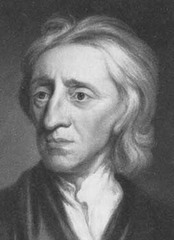
40
New cards
Abraham Maslow
humanistic psychology; hierarchy of needs-needs at a lower level dominate an individual's motivation as long as they are unsatisfied; self-actualization, transcendence
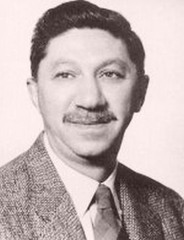
41
New cards
Ivan Pavlov
Russian physiologist who observed conditioned salivary responses in dogs (1849-1936)
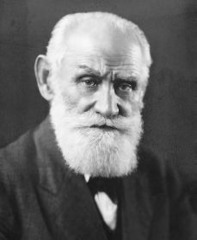
42
New cards
Jean Piaget
Four stage theory of cognitive development: 1. sensorimotor, 2. preoperational, 3. concrete operational, and 4. formal operational. He said that the two basic processes work in tandem to achieve cognitive growth-assimilation and accomodation
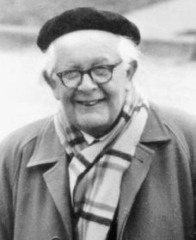
43
New cards
Plato
Greek philosopher; knowledge based on consideration of ideal forms outside the material world; proposed ideal form of government based on abstract principles in which philosophers ruled
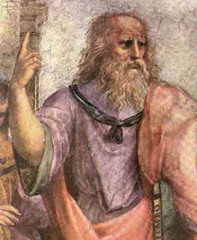
44
New cards
Rosalie Rayner
graduate student of Watson and co-researcher for the famous Little Albert demonstration of classically conditioned emotion
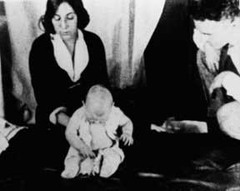
45
New cards
Carl Rogers
1902-1987; Field: humanistic; Contributions: founded person-centered therapy, theory that emphasizes the unique quality of humans especially their freedom and potential for personal growth, unconditional positive regard, fully functioning person
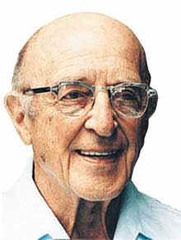
46
New cards
B. F. Skinner
behaviorism; pioneer in operant conditioning; behavior is based on an organism's reinforcement history; worked with pigeons
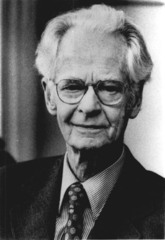
47
New cards
Socrates
Greek philosopher; socratic method--questioning; sentenced to death for corrupting Athens youth
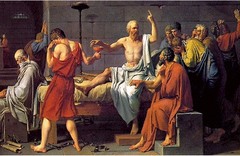
48
New cards
E. B. Tictchner
Introduced experimental psychology to the United States
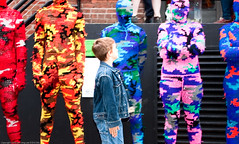
49
New cards
Margaret Floyd Washburn
Was the first female PhD in psychology
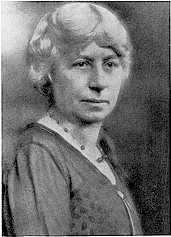
50
New cards
John B. Watson
behaviorism; emphasis on external behaviors of people and their reactions on a given situation; famous for Little Albert study in which baby was taught to fear a white rat
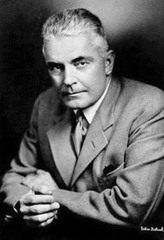
51
New cards
Wilhelm Wundt
german physiologist who founded psychology as a formal science; opened first psychology research laboratory in 1879
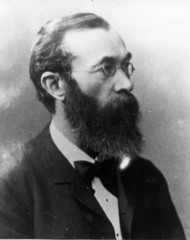
52
New cards
Introspection
a method of self-observation in which participants report their thoughts and feelings

53
New cards
Gestalt Psychology
a psychological approach that emphasizes that we often perceive the whole rather than the sum of the parts
